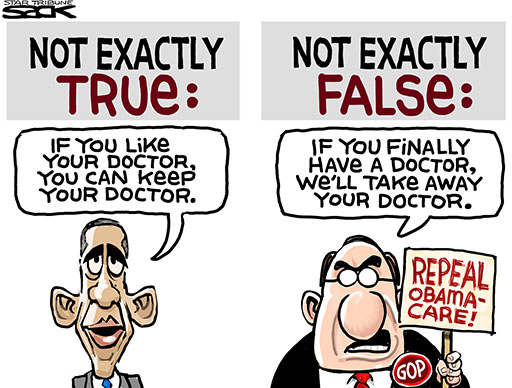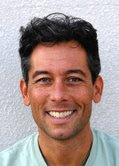Every January, thousands of economists gather for the American Economic Association meetings, to present papers, discuss ideas, and hire new faculty members (!). Leave it to Nate Silver and his Five Thirty Eight website to send correspondents to cover the proceedings and reports back on what they consider to be the interesting sessions. These reports include session summaries of Behavioral Economics and Public Policy: A Pragmatic Perspective; The Economics of Secular Stagnation; and A Discussion of Thomas Piketty’s “Capital in the 21st Century”. Here is what the last one looks like:
Session Title: A Discussion of Thomas Piketty’s “Capital in the 21st Century”
Presenters: David Weil, Alan J. Auerbach, N. Gregory Mankiw, and Thomas Piketty
Key takeaway: Thomas Piketty, the French economist whose book Capital in the 21st Century — which documented a surge in economic inequality — was a surprising best-seller last year, stood by his work despite some academic economists questioning his statistical analysis and policy recommendations.
Discussion: In his book, Piketty argues that inequality rises when the rate of return on assets (“r”) is higher than the economy’s growth rate (“g”). To him, this is, the principal cause of the current high levels of inequality. He wants to tax wealth to reduce this inequality.
The other economists on this panel had some problems with Piketty’s data, but even more so with his analysis of rising inequality. Specifically, they thought Piketty overestimated “r” in not adjusting for other variables such as taxation and risk.
They further argued that even if he was right, they disagreed with his suggestion for a global wealth tax. Instead, they would favor a progressive tax on consumption — for example, an 80 percent tax on yachts.
Piketty responded that it’s hard to define and measure the consumption of the extremely rich. As he remarked, “billionaires consume more than food or clothes — they consume power, politicians, journalists, and academics.” He argued that a wealth tax has practical advantages over a progressive consumption tax: it’s easier to implement because wealth is easier to define.
Not surprisingly, the Five Thirty Eight correspondents gravitated to some of the high-profile sessions where some of the bigger names in the profession participated. The secular stagnation session, for example, includes Greg Mankiw, William Nordhaus, Larry Summers, and Robert Gordon, each “famous” in his own right.
If the titles above have piqued your interest, you can go to the AEA website and check out webcasts of selected sessions, including each of the sessions listed above.


 ive tool
ive tool



